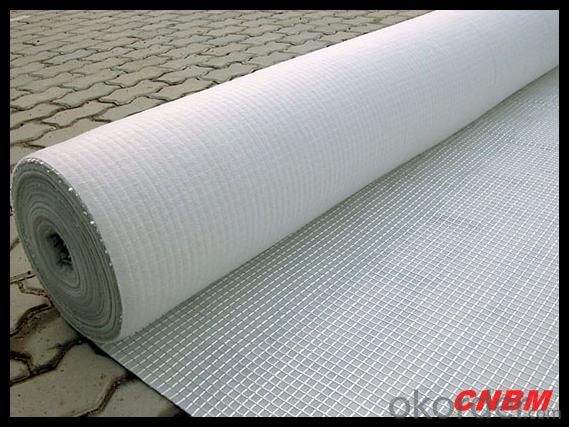- Understanding the Role of Geomembrane Liners in Waste Management
- Innovations in Geomembrane Liners for Water Management
- Geomembrane Liners: A Comprehensive Guide
- The Future of Geomembrane Liners in Civil Engineering
- Geomembrane Liners: Enhancing Landfill Stability
Manager:Alvin Wang
WhatsApp:+62 8983806051
Tel:+86 10-5797-1075
Email:steelwang@okorder.com
Address:3rd Floor, No.2 Building, No.1 Sanlihe Road
HDPE Geomembranes in the Oil and Gas Industry
hdpe Geomembranes have become an essential component in the oil and gas industry, providing a reliable solution for containment and protection against environmental hazards. These versatile materials are designed to withstand the harsh conditions often encountered in oil and gas operations, making them a popular choice for professionals in the field. In this article, we'll explore the various applications of HDPE geomembranes, their benefits, and why they are a crucial part of modern oil and gas infrastructure.

The Role of HDPE Geomembranes
HDPE, or high-density polyethylene, is a type of plastic known for its durability, chemical resistance, and flexibility. In the oil and gas industry, HDPE geomembranes serve multiple purposes, including:
- Containment: They create a barrier to prevent the leakage of fluids and gases, ensuring that operations do not contaminate the surrounding environment.
- Protection: The geomembranes protect the underlying soil and groundwater from potential chemical exposure.
- Pond Lining: They are used to line ponds and reservoirs where oil and gas waste products are stored temporarily.
- Capping: HDPE geomembranes are used to cap closed landfills or waste sites to prevent the escape of hazardous substances.
Why Choose HDPE?
Choosing HDPE geomembranes over other materials comes with several advantages:
- Longevity: HDPE has a long service life, reducing the need for frequent replacements and minimizing maintenance costs.
- Resistance to Chemicals: It can resist a wide range of chemicals, making it suitable for various applications within the industry.
- Low Permeability: HDPE's low permeability ensures that fluids and gases stay where they are supposed to.
- UV Resistance: It can withstand exposure to ultraviolet radiation, which is crucial for outdoor applications.
- Ease of Installation: HDPE geomembranes are relatively easy to install, even in challenging terrains.
Installation Process
The installation of HDPE geomembranes is a meticulous process that requires careful planning and execution. Here's a simplified overview of the steps involved:
1. Site Preparation: The area must be cleared, graded, and compacted to create a stable foundation.
2. Material Handling: The geomembranes must be handled carefully to avoid punctures or tears.
3. Welding: HDPE sheets are joined together using specialized welding techniques to ensure a watertight seal.
4. Inspection: After installation, the geomembranes are inspected for any defects or leaks.
5. Maintenance: Regular maintenance checks are conducted to ensure the geomembranes continue to perform as expected.
Challenges and Solutions
While HDPE geomembranes offer numerous benefits, they also present some challenges:
- Weather Conditions: Adverse weather can delay installation or affect the geomembrane's performance. Solution: Schedule installations during favorable weather and use protective covers when necessary.
- Substrate Variability: Different substrates can affect the installation and performance of the geomembranes. Solution: Conduct thorough site assessments and use appropriate installation techniques for each substrate.
- Leak Detection: Detecting leaks in large geomembrane installations can be difficult. Solution: Employ advanced leak detection methods and regular inspections.
The Future of HDPE Geomembranes
As the oil and gas industry continues to evolve, so too does the use of HDPE geomembranes. Innovations in material science and installation techniques are leading to improved performance and reduced environmental impact. The future looks bright for HDPE geomembranes as they remain a key component in the industry's quest for sustainability and environmental stewardship.
Conclusion
HDPE geomembranes are more than just a product; they represent a commitment to safety, efficiency, and environmental responsibility in the oil and gas industry. Their versatility, durability, and ease of installation make them an indispensable part of modern operations. As we look to the future, it's clear that HDPE geomembranes will continue to play a vital role in protecting our environment and ensuring the success of oil and gas projects worldwide.
- Previous:HDPE Geomembranes in Wastewater Treatment Plants
- Next:The Durability of HDPE Geomembranes in Harsh Environments
-
2024-12-05Geomembrane Liners: A Comprehensive Guide






